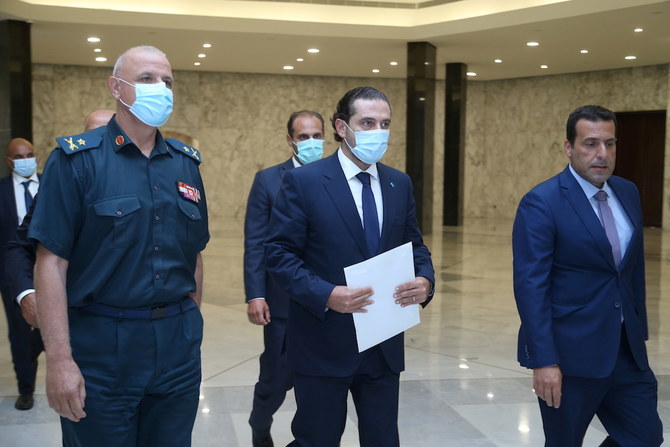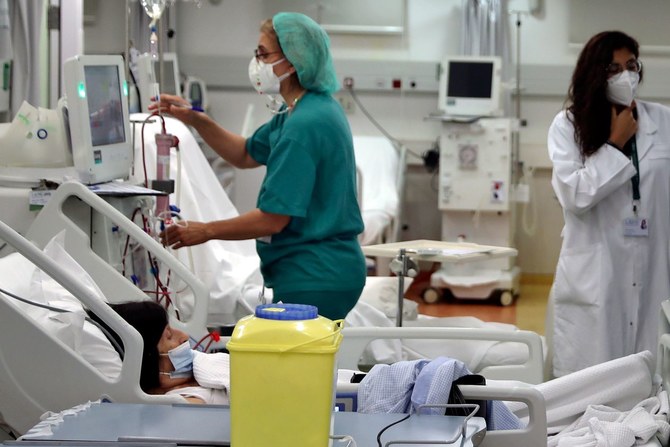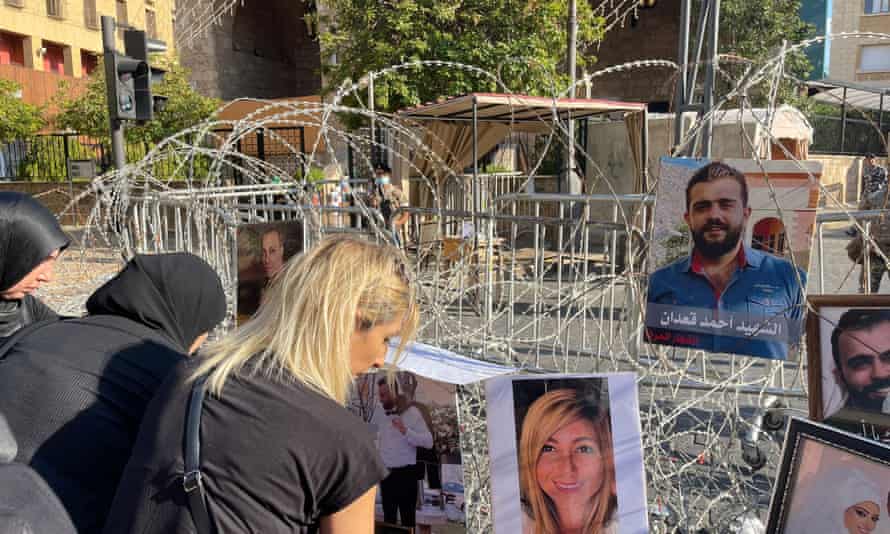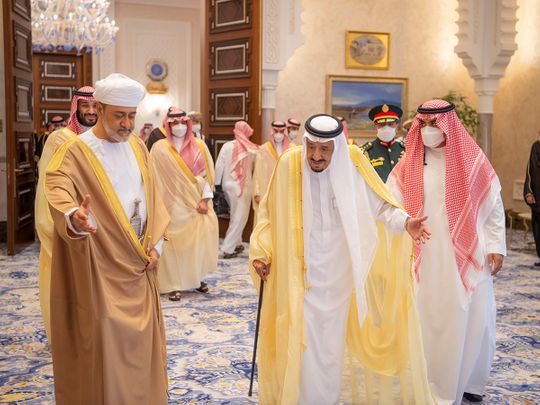
By BY RUSSELL A. BERMAN, thehill.com — Lebanon is facing a dangerous combination of accelerating crises — economic, political and societal. Although Lebanon is a small country, important issues for U.S. national interest and geo-strategy are at stake. Yet, currently, American Middle East foreign policy is devoted to the single obsession of the Iran negotiations, leaving little oxygen for other matters. This is a mistake. The Biden administration should develop a more nuanced engagement with the region and especially a robust response to Lebanon’s pending collapse. The Lebanese currency has lost close to 90 percent of its value, pushing much of the country below the poverty line, with many families relying on remittances from relatives abroad. Yet even those lifelines cannot make up for the shortages in commodities: gasoline, medications and food are all in short supply. Add to this a crumbling infrastructure that can supply electricity for only a few hours every day. Meanwhile, a political stalemate blocks the formation of an effective government that could institute reforms that might alleviate some of the problems. Instead, the political class, largely viewed as incorrigibly corrupt, is making no effort to meet the needs of the public. One bright light is the emergence of vibrant oppositional forces. But they remain fragmented, and elections will not take place until next year.
Leadership change may therefore be too far in the future to rescue the crumbling institutions that once enjoyed a strong international reputation, especially Lebanese universities and hospitals. Now the talented personnel on which those institutions depend are trying to leave for better paying jobs abroad. After the troubled decades of civil war and occupations, after the devastation of COVID-19 and the massive destruction of the explosion in the port of Beirut on Aug. 4, 2020, this already fragile country faces even greater disorder. Given the extent of the suffering, there is every reason to provide humanitarian assistance to Lebanon, as the United States is already doing. The U.S. also provides important training support to the Lebanese armed forces, although the scope of that mission has been shrinking. Otherwise, American engagement is quite limited. Washington should do more and put Lebanon higher on the list of foreign policy priorities for four reasons










